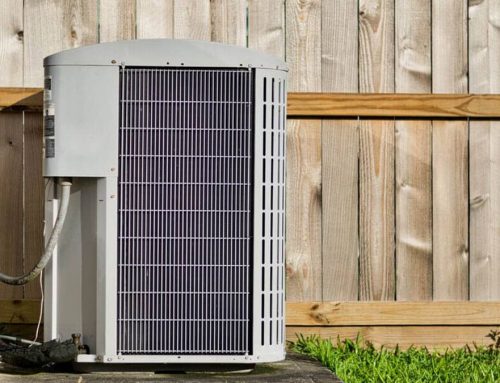
I Was Told I Need a Disconnect on my AC Unit. Why?
Disconnects
Electrical work can be dangerous and complicated. Work on your AC unit may require the technician to cut power to the unit to complete repairs or perform a diagnostic screening. A disconnect, disconnect switch or isolator is used to ensure that the electrical circuit is completely off. Disconnects are not used for regular control of the circuit, but are employed as a safety precaution. The disconnect must be within sight from the AC unit to prevent someone who doesn’t know the technician is working on the unit from turning the power on causing unit damage or human life concerns.
Commercial Duty
Commercial duty disconnects include load break or non-load break switches. Also included in this category are switchboard, panelboard/wall mount, fused or non-fused and electrically closed/opened or neither. Low voltage disconnects are found in a switchboard or as a feeder disconnect. They also serve as enclosures for overcurrent protection if they house a fuse.
Other Uses
Disconnects are often found on the side of your home where the electric meter is mounted or the AC unit installed. They can be used by the fire department to disconnect power to the unit.
Inspection
Things to look for when inspecting your disconnect include looking for whether or not you have direct and fast access to the panel. Look for rust or corrosion in the panel or main disconnect. Search for signs of overheating. Make sure the panel board is rated correctly and you have the correct size. Determine if the disconnect may be mounted on an inappropriate surface. Look for damage of any kind both inside the panel box and outside. Check the wires and make sure they are in good condition. Look for water leaks or water getting inside the box.


